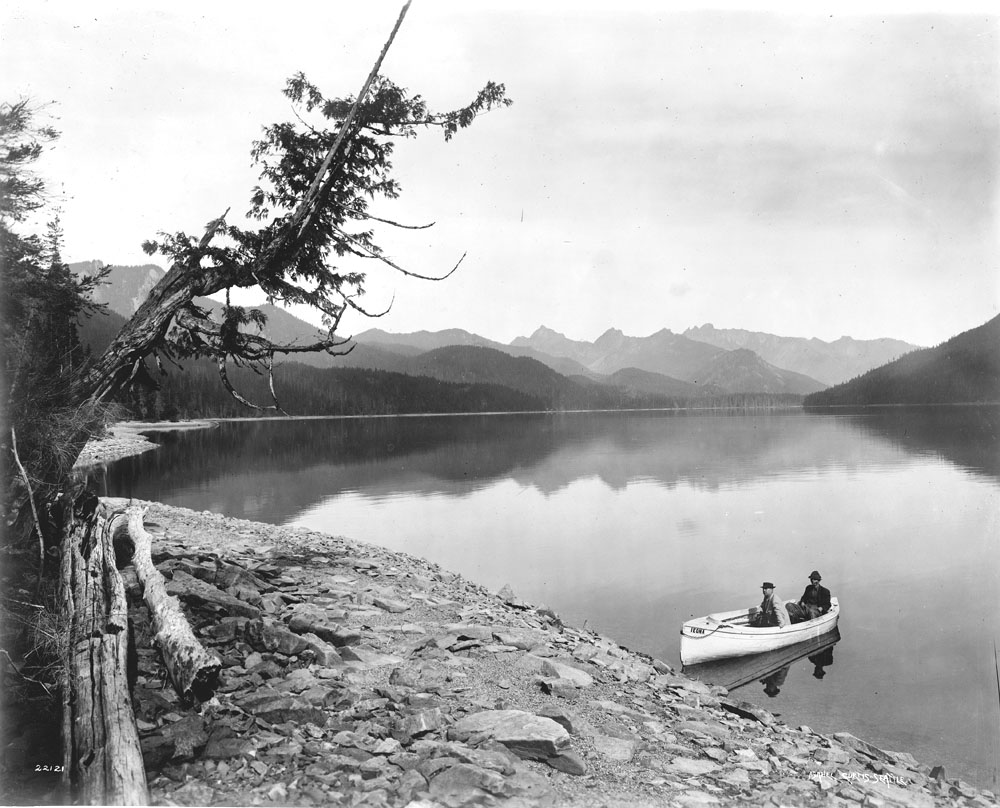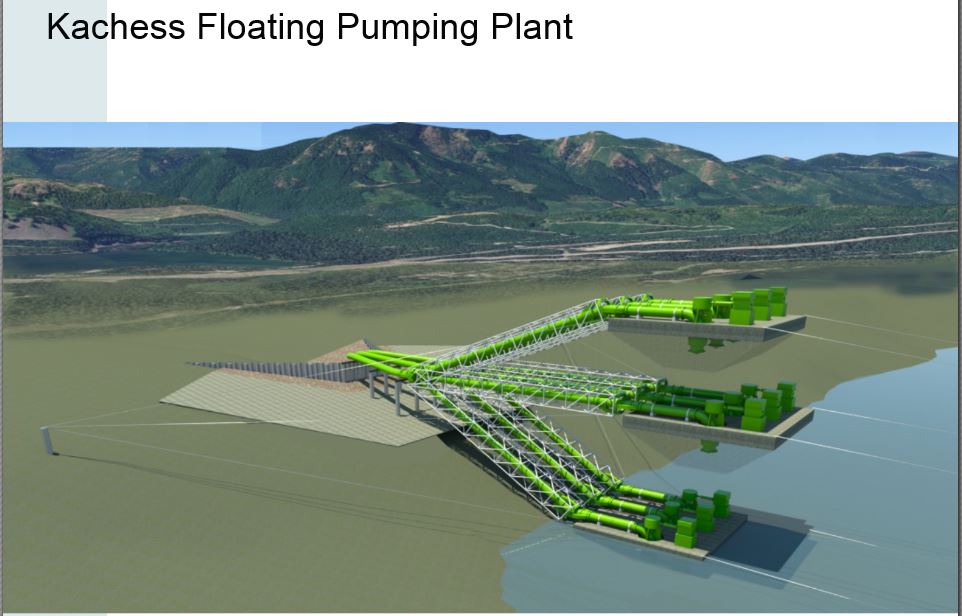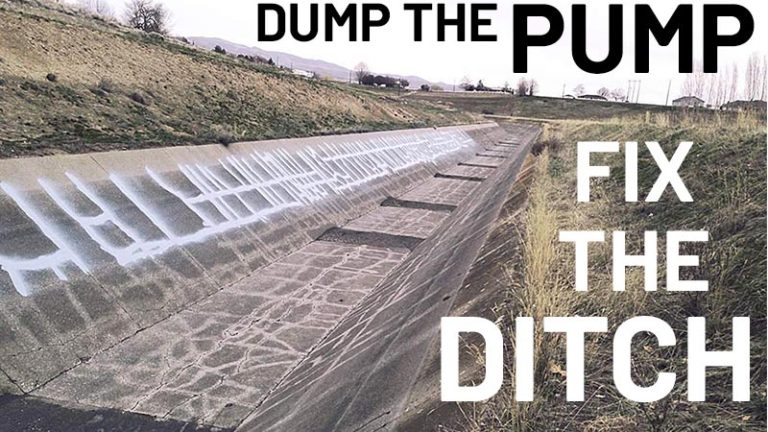SAVE LAKE KACHESS

Special interest groups are lobbying for a floating pump plant and conveyance from Lake Keechelus to Lake Kachess, projects that would alter the landscape of both lakes and drain Lake Kachess well below pre-historic dam levels.
Lake Kachess is located in Washington’s Snoqualmie Pass, about 70 miles east of Seattle, and 70 miles northwest of Yakima. Formed by glaciers thousands of years ago, Lake Kachess started as two separate lakes, “Little Kachess” and “Big Kachess.” Kachess, which translates to “more fish” in Native American, was home to many species of fish, including Salmon and Bull Trout, before an earthen dam was built on the south shore in the early 1900’s. Even though there are no more Salmon swimming into Lake Kachess today, it is still inhabited by the now-endangered Bull Trout, and many other species of fish and wildlife.
Each year, approximately 23,000 campers visit the Lake Kachess State Campground located at the point between Big Kachess and Little Kachess. The area is well-known for it’s amazing views, great hiking, and water recreation.
Our mission is to save Lake Kachess from irreparable damage caused by a floating pump plant, and promote functional, sustainable irrigation solutions that provide plentiful water to the Yakima Basin farmland.
What is the KDRPP?
The Kachess Drought Relief Pumping Plant (KDRPP) project and the Keechelus-to-Kachess Conveyance (KKC) project, both being managed by the U.S. Bureau of Reclamation (BOR) and the Washington State Department of Ecology’s Office of the Columbia River (OCR), will drain Lake Kachess an additional 80 vertical feet during the summer, on top of the 60 vertical feet of water currently being pulled by the Yakima Basin.
Simply put, the KDRPP is a floating diesel-powered pumping facility that would consist of three (3) powerful suction pumps pulling water from the lake and shooting it out down a spillway into what is now the Kachess River.
The total project is estimated at up to 1/2 a billion dollars and would provide little benefit to unsustainable irrigation practices within the Yakima Valley, unless fully funded, the projects have no merit. The proposed plans would favor large industrial farms, as smaller farms would have a hard time absorbing increased irrigation costs.
Additionally, the impact of the proposed projects to Lake Kachess Bull Trout have the potential to further contribute to their extinction as natural water ways, such as the Kachess River from Little Kachess to Lake Kahcess would cease to exisit. The landscape of Lake Kachess would forever be altered by these projects and the tens of thousands of visitors along the I90 corridor impacted. The environmental risks and impact to small farmers greatly outweigh any potential benefit of these projects to the Yakima Basin.

The KDRPP isn't good for the lake, the residents, or the farmers for which it's supposed to help:
- Risk of local wells running dry from a lower water table.
- Doesn't guarantee water for all farmers during drought.
- Small farms will be charged for water they may not receive.
- Fish passage between upper and lower Kachess will be impacted.
- Does not address the leaking irrigation infrastructure.
- No guarantee the lake will refill over the winter, or ever.
Alternatives to this plan
There are alternatives worth studying, that are not mentioned in any government plans. These alternatives include upgrading the 100-year old irrigation ditches with pipes, to eliminate leaks and evaporation, a significant source of water-loss inside the system. Basically, fix what you have before you come for more water.
Other alternatives include on-site irrigation storage for farms to store water during the rainy months, for use during the drought months. Water is abundant during the winter, and there are catchment systems available to store water until it’s needed.
Learn about these ideas and more by reading some blog articles from SLK contributors.

Looking to get involved? Here's how you can help!
Send a Letter
We've made it easy! Just click the button below to send a boilerplate letter to the government officials who are organizing this project.
Donate
Save Lake Kachess is a nationally-recognized Non-Profit Organization that relies on volunteers and donations to accomplish our mission.
Coming Soon!
Visit the SLK Shop
Check out the SLK Shop and purchase some merchandise to grow awareness around our cause. All proceeds go directly back into saving Lake Kachess.